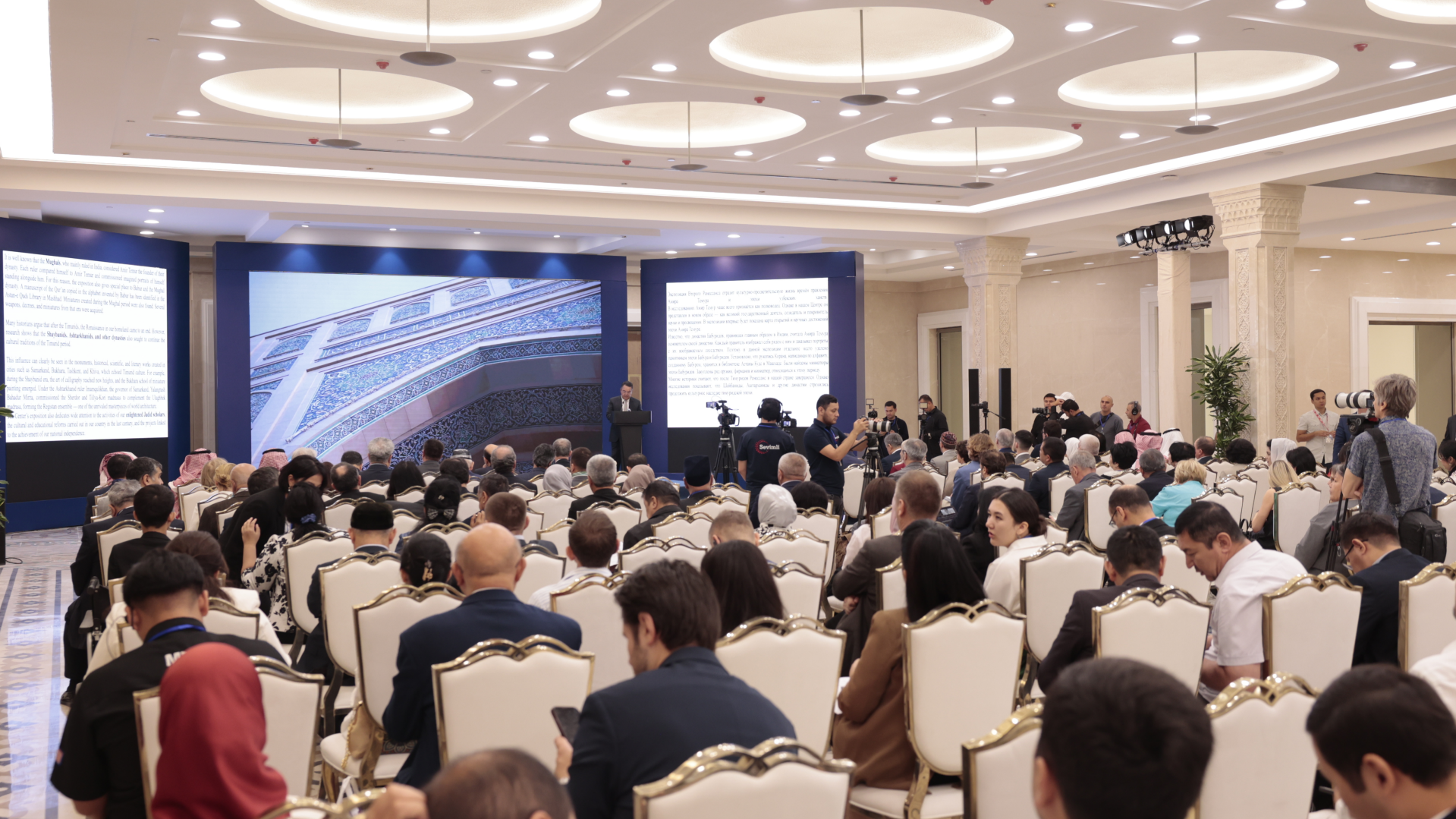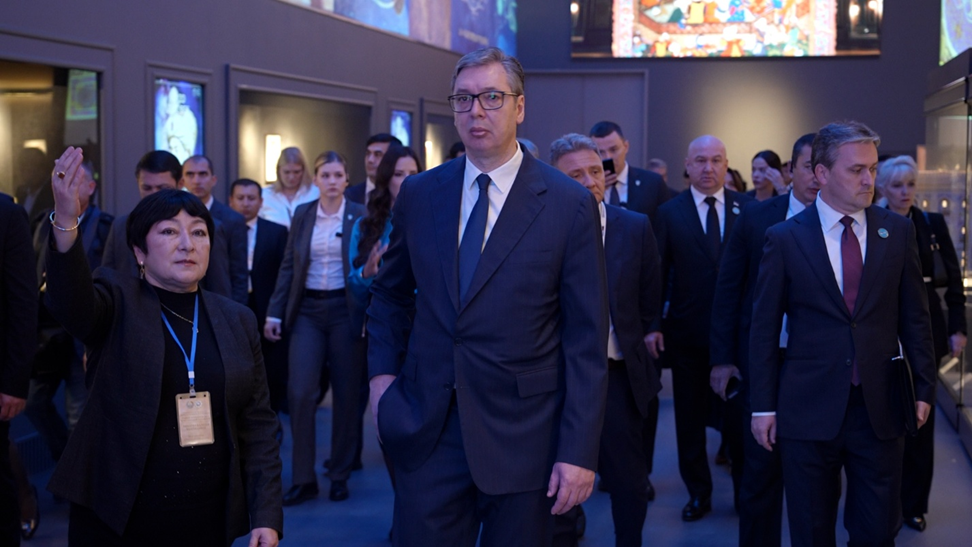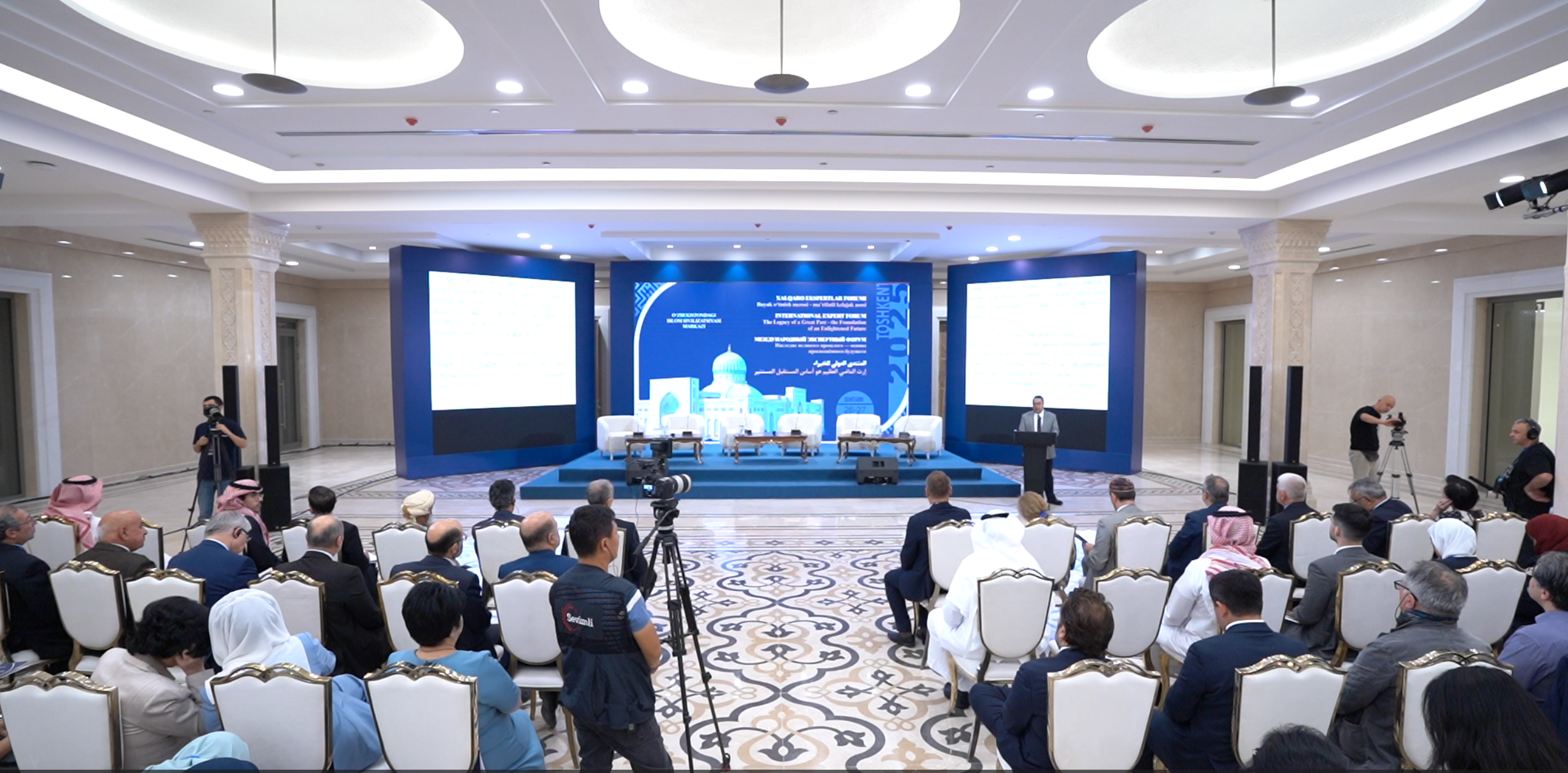Who was Husayn Bayqara?

Did he exile Navoi from the court?
The ruler of Khorasan who wrote poems under the pen name Husayni, Sultan Husayn Bayqara was a representative of the Timurid dynasty and a great-grandson of Amir Timur. He was born in July 1438 in Herat. According to Babur, he was “karimut-tarafayn”, meaning he was a descendant of Sahibqiron (Amir Timur) from both his mother’s and father’s side.
In his youth, he endured many years of exile and wandering. After the death of the ruler of Herat, Abu Sa’id Mirza, on March 24, 1469, Husayn Mirza ascended the throne of Herat.
During Husayn Bayqara’s reign, the people of Khorasan lived relatively peaceful and prosperous lives. Large water structures, administrative buildings, madrasas, mosques, caravanserais, rabats, and bridges were built in the country. Under his rule, Herat became a center of science and culture, producing knowledgeable scholars, masters of words, writers, poets, musicologists, craftsmen, and painters.
As Navoi noted, Husayn Bayqara was not indifferent to the fate of the old Uzbek language and took several measures for its development. He issued a special decree encouraging the development of written Turkic and creative work in this language. He himself composed works under the pen name “Husayni”.
Which heavenly herb has such an elegant form?
Or whose speech, like that of Messiah, carries the sweetness of that ruby-like sugar?
O preachers, leave the longing for paradise and stay away from that path,
For, to this sorrowful one, the face of the beloved is like the rose garden of Eden.
In his work Majalis un-Nafa’is, Navoi recounts an incident. One day, a young poet with the pen name Qabuliy came to Navoi from the direction of Qunduz or Hisor and, with much hesitation, presented him with a ghazal. The ghazal began as follows:
I trimmed the nail, yet the pain increased and did not lessen,
I placed a mark, hoping the word would diminish, but it did not.
The young poet expressed his intention to send this ghazal to Husayn Bayqara’s literary gathering and requested Navoi to edit the poem. Navoi was not pleased with the repeated rhyme “bo‘lmadi” (“did not happen”) in the ghazal. The young poet humbly stated, “I have tried many times but could not find a better rhyme; master, if possible, please correct its mistakes”.
The great poet then edited the ghazal, rewriting the second couplet entirely for him.
The cypress bowed, longing to kiss the dust beneath your feet,
Otherwise, despite the breeze’s constant caress, it would not have bent.
In short, Qabuliy recopied this poem and, through the mediation of one of the attendants, managed to have it presented at the Sultan’s literary gathering. Husayn Bayqara himself read the poem and turned to Navoi, saying:
“The second couplet of this ghazal feels somewhat different; could it be that someone else wrote this couplet for him?”
Hearing these words, Navoi felt uncomfortable, as a single remark could undermine the Sultan’s regard for the young poet. Therefore, Navoi remained silent at first. When the Sultan repeated the question, Navoi had no choice but to admit the truth.
After this, Husayn Bayqara expressed that he wished to have the young man brought to the court to share some lighthearted conversation with him. The attendants brought the young poet to the gathering with great respect, not letting his feet touch the ground. The Sultan showed him special favor and praised his ghazal. Navoi, fearing that “now they will corner the poor young man, and I will be embarrassed too”, waited anxiously, but until the end of the gathering, the topic of the couplet was not brought up.
When the gathering ended and only the Sultan’s closest associates remained, one of the attendants asked, “Your Majesty, you mentioned you wanted to make a playful remark regarding Qabuliy’s couplet, did it slip your mind”? The Sultan replied, “No, I did not forget, but I did not want to embarrass and shame the young man in front of everyone”.
At that moment, Navoi bowed respectfully and said, “Your Majesty, you have shown immense kindness not only to that young poet but also to me”.
This very example demonstrates Navoi’s care for young creators, as well as Sultan Husayn Bayqara’s noble character and humanity.
Of course, it cannot be overlooked that for a time he indulged in pleasures, had conflicts with his own children, and was even partly responsible for the death of his grandson. Faultless is only the Creator; he, too, was a human who had drunk from the same imperfect cup as everyone else.
Unlike the films and plays produced during the Soviet era, which depicted the murder of Prince Mu’min Mirza as a result of intrigue as causing a strong conflict between Alisher Navoi and Husayn Bayqara, in reality, this tragedy brought the two friends even closer. Navoi wrote a letter to the Sultan to console him.
No one denies that the tragedy of Prince Mu’min Mirza and Husayn Bayqara’s act of sealing the death sentence while in a state of drunkenness further accelerated the decline of the Timurid dynasty. Navoi understood well that the Sultan was not truly to blame for this tragic event. As sorrowful as Mu’min Mirza’s death was, Navoi accepted this misfortune as a decree of fate. Contrary to the narratives we know from familiar works, Navoi did not blame the Sultan for this tragedy or strike at his already tormented heart with words of reproach. Instead, he comforted the Sultan by saying that this was the will of God.
In one of the letters Navoi wrote to the Sultan, this rubai is mentioned:
If the flower is gone, may the garden remain fragrant,
If the candle is extinguished, may the moon remain radiant,
If the prince has attained the garden of paradise,
May the Sultan gain dominion over the world!
In addition, it is reliably recorded that Navoi’s final moments were spent in the presence of Husayn Bayqara, and that the great poet, despite his illness, went out to welcome his friend as he returned from a long journey, meeting him with respect outside the city, where, by the decree of fate, he surrendered his soul to the Creator.
Rustam Jabborov
P/S: It is permitted to use this article with a link to the official website of the Center.
Most read

Over 100 experts from more than 20 countries of the world are in Tashkent!

President of Serbia Aleksandar Vučić visited the Islamic Civilization Center in Uzbekistan

The Center for Islamic Civilization – a global platform leading towards enlightenment











